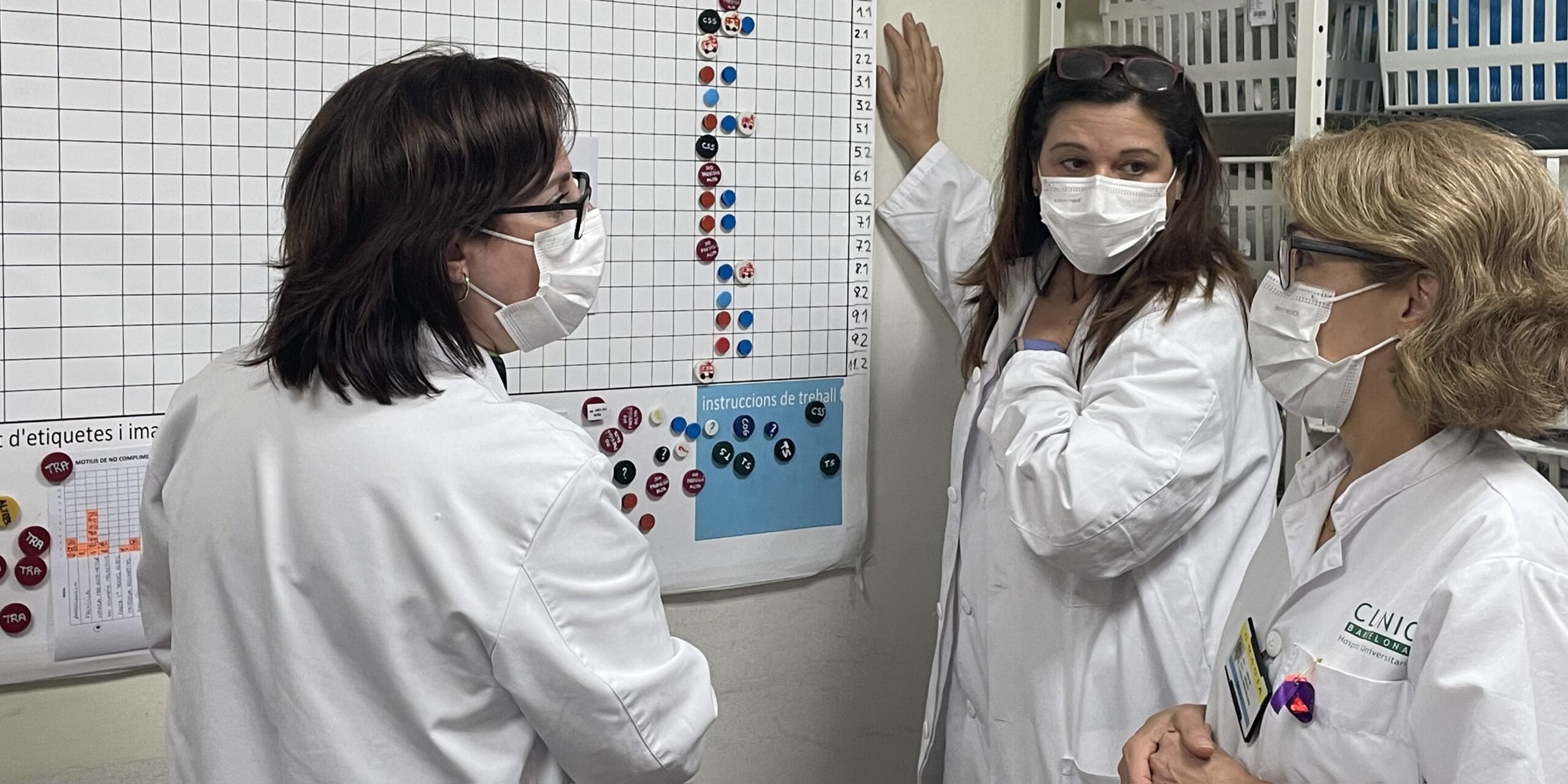
Resilience: problems Ukrainian firms are experiencing today
FEATURE – Ahead of their exclusive webinar next week, the authors outline some of the problems Ukrainian companies are facing as the Russian invasion continues.
Words: Serhii Komberianov and John Shook
Photo credit: Drop of Light / Shutterstock.com
“Prepare for the worst, hope for the best,” goes the famous proverb. And what can be worse than war? Since the Russian invasion began on February 24th, Ukrainian companies have found themselves having to overcome unimaginable obstacles, often in life-threatening conditions, and to limit their losses as much as possible. In other words, they have found themselves having to show resilience.
Extreme situations – like war and the deep crises that come with it – lead us to forget about the non-essential and truly focus on what’s necessary to survive. For many Ukrainians, this means basic needs (such as shelter and food); for businesses, it means coming face to face with problems that were never encountered before. Day after day, Ukrainian companies are learning how to prepare themselves and their people for such difficult situations, and how to stay afloat.
Throughout the war, members of the Lean Institute Ukraine have continued to support companies with Lean Thinking and have heard countless first-hand accounts of the problems they are facing – and of the clever, lean solutions they are coming up with in response.
In next week’s webinar, we will share stories of some of the most common problems company leaders are facing and how they are responding.
- Having to quickly relocate production away from unsafe territories. One Kyiv-based manufacturer of ventilation equipment could not find the forklifts it needed to load its machinery onto trucks, so that it could be moved. No service provider wanted to help them, because at that point Russian troops were positioned just a few kilometers away. So, they had to use manpower to do the loading. They could not imagine that people could do something like this. When they were finally able to relocate the equipment to the safe region of Khmelnitski, they realized that many of their workers had left for Poland or Germany.
- Losing experienced people. With the high number of people leaving Ukraine as refugees or joining the Army to fight Russian troops, retaining people has become a massive challenge for the Ukrainian business that are still functioning. They have lost, on average, between 20% and 30% of their workforce. Unfortunately, some of those who left have been killed in combat or in strikes on civilian targets in the Kyiv region.
- Logistical challenges. Fearful of driving into dangerous areas, many drivers refuse to carry out certain deliveries. Manufacturers in Nikopol (30 kilometers from the front line) are charged five times the pre-war amount for the transportation of materials.
- Having to quickly develop capabilities. With men going to join the fight, women are called to take their place in factories. This requires an incredible effort to teach them critical skills in the shortest possible time. When we are told that a worker is leaving for war, we usually only have one day to document their work (we video their processes) so that a standard can be created for future education.
- While stories of exemplary Ukrainian leadership have won the admiration of the world, no leader in Ukraine had the experience of dealing with such a terrible scenario and all of them are looking for the answers on how to keep people motivated, to comfort them and calm them down, to arrange meetings under the constant threat of bombings.
After two months of war, we have found answers to these questions (and many more) and witnessed remarkable examples of resilience, of successful outcomes being obtained under the direst circumstances.
Lean is known for working well – in fact, some say it works best – in a crisis. The organizations we are supporting are displaying bravery, strength, and agility, as they leverage their lean mindsets to adapt to the conditions imposed by the war unleashed on the country.
Please bring your questions and insights next Wednesday May 11th, when we will share real stories and explore human and organizational response to man’s inhumanity to man at our special webinar – “Ukrainian Resilience – How Lean is Helping Companies Cope with War”.

THE AUTHORS


Read more


FEATURE – This nurses-led experiment in Barcelona’s Hospital Clinic is proving successful in getting more patients discharged on time and avoiding surgery cancellations.


WOMACK’S YOKOTEN – The author discusses the benefits that the many family businesses making up our economies can harness from embracing lean management.


FEATURE – In this new series, the author will walk us through some uncommon ways to apply lean – with a particular focus on establishing productive and enjoyable relationships. In the first instalment, he introduces the concept of lean parenting.


COLUMN - Michael Ballé on why Toyota still inspires him in a way that no other organization can, and on the lessons lean thinkers can learn from the two most successful carmakers.

